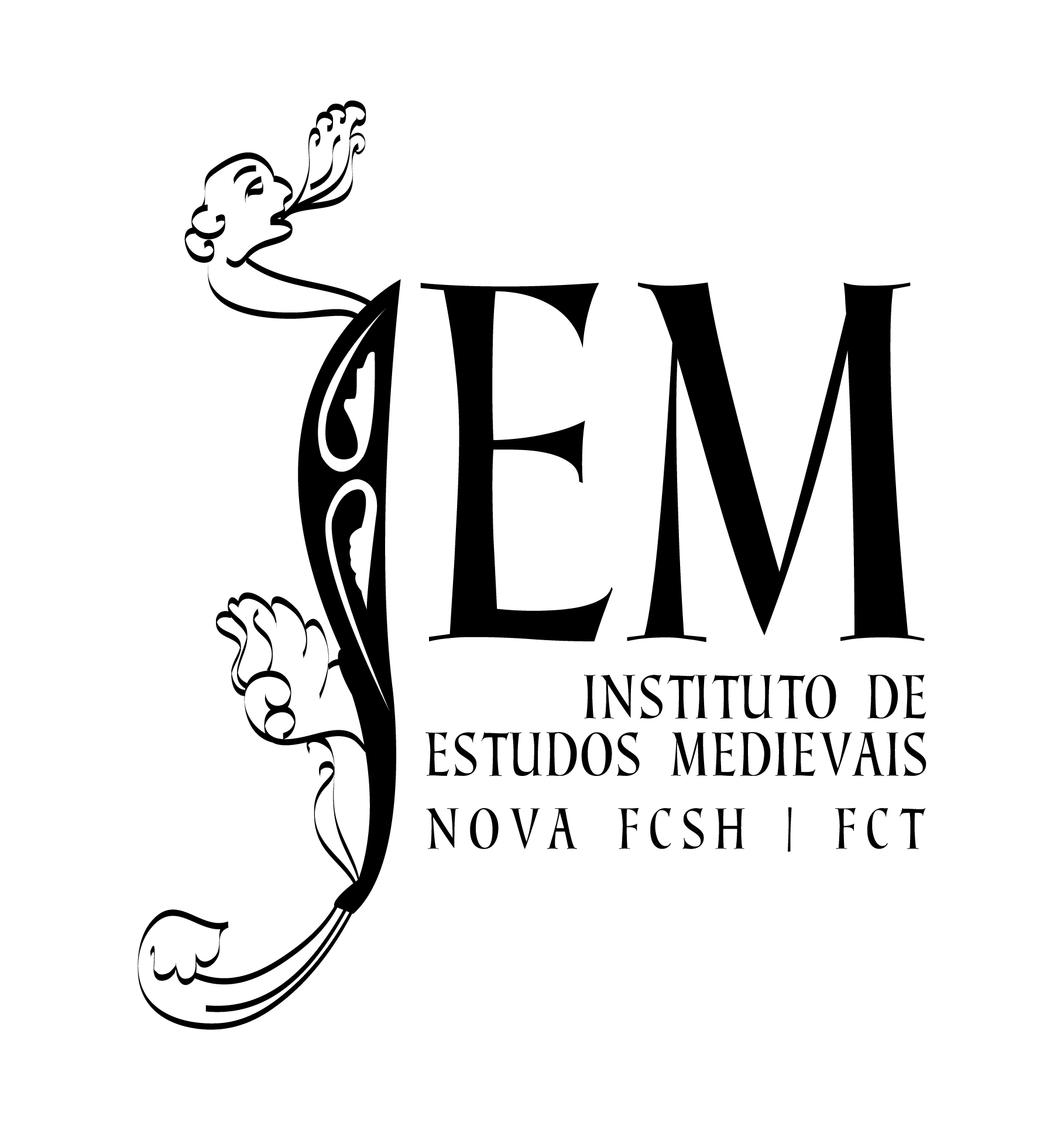Traduzir
Song About a Worsening World
- Things I knew I know no longer
- in this world that's changed so much,
- and thinking about it I find I must
- think in ways I never thought,
- for I'm seeing things I've never seen
- and hearing things I've never heard.
- This world, God knows, is not the place
- it was when I was still a youth,
- and in my heart, to tell the truth,
- I love that old world, not today's,
- for I'm seeing things I've never seen
- and hearing things I've never heard.
- I have no reason to fear death
- and, God knows, I'd like to die,
- as there's no pleasure in this life
- and no one I can call my friend,
- for I'm seeing things I've never seen
- and hearing things I've never heard.
- I hope and pray God will accept
- the way I think for my own part,
- as I've decided in my heart
- never to do good works again,
- for I'm seeing things I've never seen
- and hearing things I've never heard.
- And I wouldn't give two cents to live
- more years here than what I've lived.
[English version by Richard Zenith]
Nota geral
Sirventês moral sobre o desengano do mundo e a miséria dos tempos, com o topus tradicional de um passado melhor que um presente em desconcerto.
A cantiga tem uma disposição particular em V, único manuscrito a transmiti-la. De facto, ela vem precedida de uma rubrica que diz: Esta cobra [é] a prestumeira desta cantiga de Dom Pedro Gómez Barroso que diz : Do que sabia nulha rem nom sei. Segue-se a última estrofe, como anunciado, depois o nome do trovador e em seguida a cantiga (sem a estrofe final, mas com a finda). Foi esta disposição anómala das estrofes da cantiga no ms. que esteve na origem da sua numeração dupla (a estrofe isolada tem o nº 592 e o resto da cantiga o nº 593).
A cantiga tem uma disposição particular em V, único manuscrito a transmiti-la. De facto, ela vem precedida de uma rubrica que diz: Esta cobra [é] a prestumeira desta cantiga de Dom Pedro Gómez Barroso que diz : Do que sabia nulha rem nom sei. Segue-se a última estrofe, como anunciado, depois o nome do trovador e em seguida a cantiga (sem a estrofe final, mas com a finda). Foi esta disposição anómala das estrofes da cantiga no ms. que esteve na origem da sua numeração dupla (a estrofe isolada tem o nº 592 e o resto da cantiga o nº 593).


